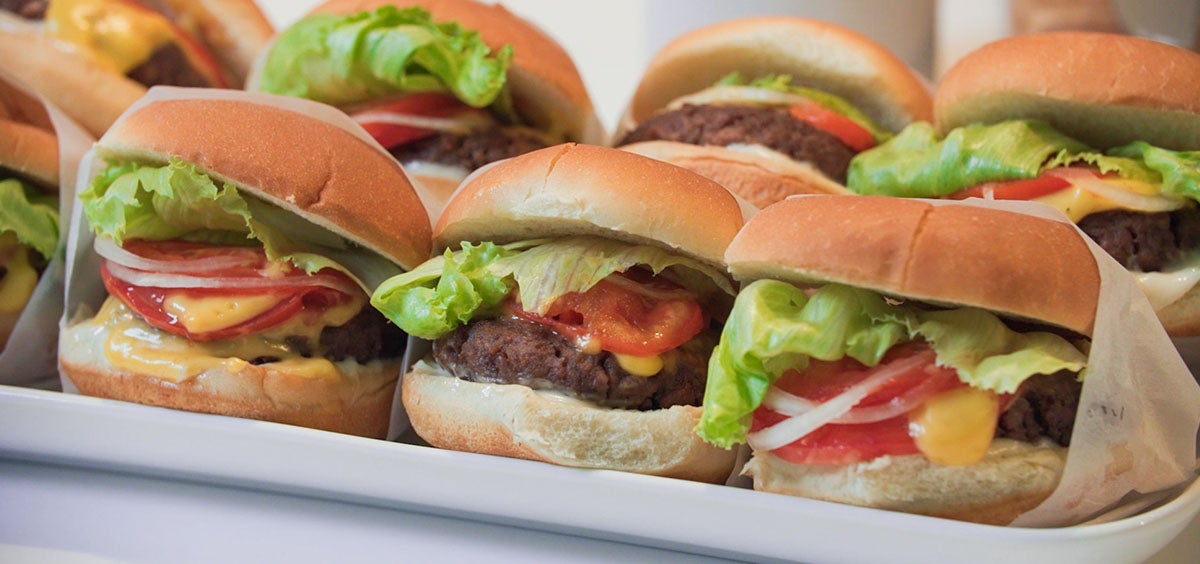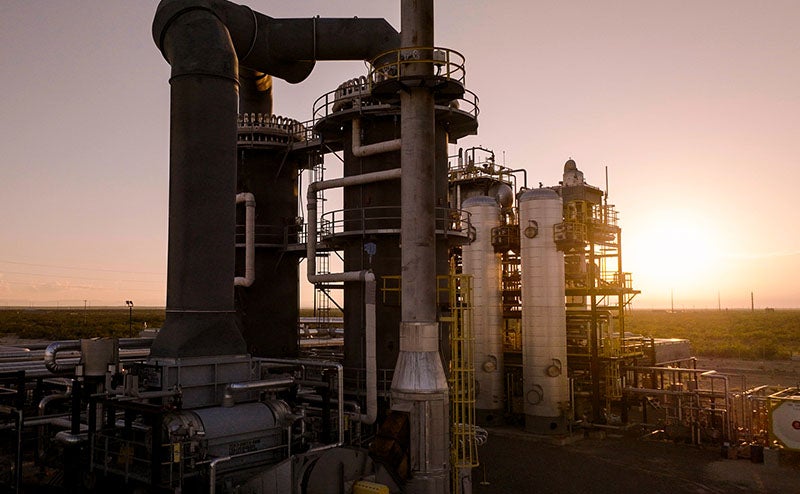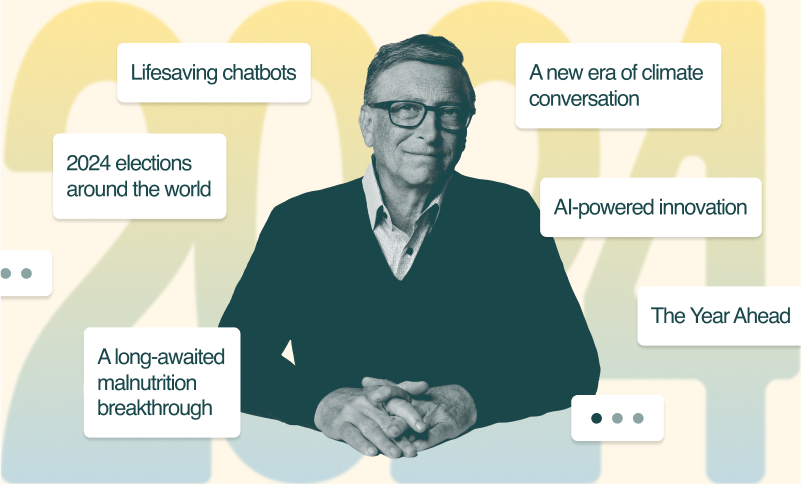Cheeseburgers are my favorite food. But I wish they weren’t, given the impact they have on the environment. I’ve tried many of the best meat and dairy replacements out there, and while I’ve had some great ones, nothing currently on the market would fool a burger lover completely. Even when the taste is close, there’s still something missing: the greasy, oily sizzle that brings the ideal sandwich together and makes it so delicious—and difficult to replicate.
The secret ingredient is animal fat. It’s what gives so many foods their richness, juiciness, meltability, unique “mouthfeel,” and overall flavor. It’s what distinguishes butter from margarine, dairy ice cream from a plant-based frozen dessert, and a great burger from one made of soy protein or peas. Unfortunately, it’s also a disaster for the climate. Each year, the world emits 51 billion tons of greenhouse gases—and the production of fats and oils from animals and plants makes up seven percent of that. To combat climate change, we need to get the number to zero.
Our plan can’t be to simply hope that people give up foods they crave. After all, humans are wired to want animal fats for a reason—because they’re the most nutrient-rich and calorie-dense macronutrient—in the same way we’re wired to crave sugar for an instant energy kick. What we need are new ways of generating the same fat molecules found in animal products, but without greenhouse gas emissions, animal suffering, or dangerous chemicals. And they have to be affordable for everyone.
It might sound like a pipe dream, but a company called Savor (which I’m invested in) is in the process of doing it. They started with the fact that all fats are made of varying chains of carbon and hydrogen atoms. Then they set out to make those same carbon and hydrogen chains—without involving animals or plants. They ultimately developed a process that involves taking carbon dioxide from the air and hydrogen from water, heating them up, and oxidizing them to trigger the separation of fatty acids and then the formulation of fat. The result is real fat molecules like the ones we get from milk, cheese, beef, and vegetable oils. The process doesn’t release any greenhouse gases, and it uses no farmland and less than a thousandth of the water that traditional agriculture does. And most important, it tastes really good—like the real thing, because chemically it is.
I’ve tasted Savor’s products, and I couldn’t believe I wasn’t eating real butter. (The burger came close, too.) The big challenge is to drive down the price so that products like Savor’s become affordable to the masses—either the same cost as animal fats or less. Savor has a good chance of success here, because the key steps of their fat-production process already work in other industries.
The focus on animal fats is a priority because they have an outsized impact on climate—and play an outsized role in many beloved foods. But even if we could eliminate emissions from the production of all animal fats overnight, we’d still have a challenge: Even some plant-based fats and oils can be a problem for climate change. The worst culprit is palm oil.
Today, it’s the most widely consumed plant-based fat in the world. It’s found in half of all packaged goods—everything from peanut butter, cookies, instant ramen, coffee creamer, and frozen dinners to makeup, body wash, toothpaste, laundry detergent, and deodorant to candles, cat food, baby formula, and so much more. It’s even used as a biofuel for diesel engines.
The issue with palm oil isn’t necessarily how we use it but how we get it. That’s because the oil palm tree, a variety of palm that’s native to Central and West Africa, doesn’t grow everywhere. The opposite, actually—the tree will only grow well within five to ten degrees of the equator. That has led to slash-and-burn deforestation of rainforests in equatorial regions around the world, which are then converted to oil palm plantations.
This process has been bad for biodiversity, putting entire ecosystems at risk. It’s also a one-two punch for climate change: The combustion involved in burning forests emits tons of greenhouse gases into the atmosphere, and as the wetlands they sit on are destroyed, the carbon they’ve been storing gets released too. In 2018, the devastation in Malaysia and Indonesia alone was bad enough to account for 1.4 percent of global emissions—more than the entire state of California and nearly as much as the aviation industry worldwide.
Unfortunately, palm oil is hard to replace. It’s cheap, odorless, and abundant. While most plant oils are liquid at room temperature, palm oil is semi-solid, creamy, and easily spreadable. Since it acts as a natural preservative, it has an extremely long shelf-life. (It actually raises the melting point of ice cream.) It’s also the only plant oil with a near-equal balance of saturated and unsaturated fats, which is why it’s so versatile. If animal fat is the superstar of some meals, then palm oil is the team player that can work to make almost all foods—and non-edible goods—even better.
For these reasons, companies like C16 Biosciences are working hard on alternatives to palm oil. Since 2017, C16 (which I’m invested in) has been developing a product from a wild yeast microbe using a fermentation process that doesn’t produce any emissions. While it differs from conventional palm oil chemically, C16’s oil contains the same fatty acids, which means it can be used in the same applications. And it’s as “natural” as palm oil—it's just grown on fungi instead of trees. Like Savor’s, C16’s process is entirely agriculture-free; its “farm” is a lab in midtown Manhattan.
The company’s consumer brand launched its first product last year. It plans to roll out more of its own products and work with existing brands—first in the beauty and personal care sectors and then in food—to replace the palm oil they’re currently using. Because fermentation is a relatively affordable, scalable, and quick process, especially compared to slash-and-burn deforestation, I’m betting that C16 will succeed.
I hope they do. The idea of switching to lab-made fats and oils may seem strange at first. But their potential to significantly reduce our carbon footprint is immense. By harnessing proven technologies and processes, we get one step closer to achieving our climate goals.




